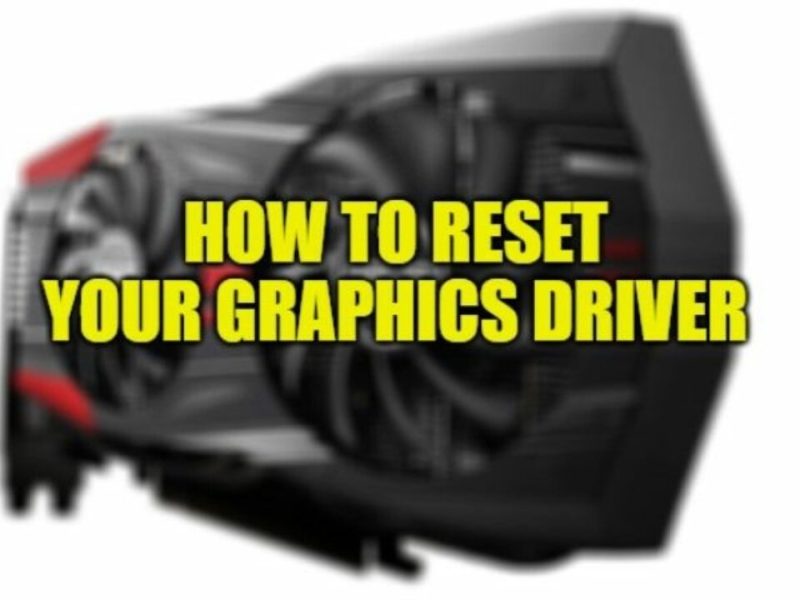The amount of memory required by a laptop owner can depend on several factors. Depending on your laptop’s uses, your budget, and the type of computer you’re buying, the memory differences can be huge. Whether your memory is for music, videos, and other entertainment, or for school or business work, the number of gigabytes (GB) of memory needed can vary widely.
Memory cards.
For users who fill their laptop memory with music, TV shows, photos, and movies, space can fill up quickly. A memory of around 125-150 GB may be necessary for users with a lot of entertainment. For MP3 players like the iPod and Zune, which offer 80GB models, you can fill them with around 15,000 songs or a few hundred hours of video. That’s a lot of music and video for most users, but the media mix can add up quickly and can fill your MP3 player and almost fill old computers with around 30-50 GB counts.
Consider the type of media, including videos and music, that you plan to store on your laptop when deciding how much memory you’ll need.
Photos on a computer accumulate space very slowly, and a 25 GB computer can store thousands of photos. Word files typically require about 100 pages to reach 1 GB, so a computer with modest memory can hold a large number of Word documents, spreadsheets, or graphics.
Programs and software are features of a computer that should also be taken into account when considering the amount of memory needed in your laptop. Different media players, file sharing programs, readers, and other software can take up to 1 or 2 GB per program and can quickly drain your laptop’s memory.
When combining school work with various recreational programs and a large amount of media, a computer with around 150 GB may be necessary. For personal use, many users don’t need more than 150 GB of memory in their laptop, and most can get by with half that amount. The casual music or video fan with a normal amount of school or professional work on a computer can easily get by with around 50GB. This smaller memory size can reduce the price of the computer by up to 10-15%.
For those who already have computers and are running low on memory, there are ways to supplement hard drive space without having to buy a new laptop. External hard drives are available for a quarter of the price of most computers, and many offer at least 100GB of memory. Many are made to be pocket-sized, and almost all external hard drives fit easily on a computer table next to your laptop. Also, memory cards and floppy disks or CDs are popular ways to store additional files or programs when memory runs out.
Someone streaming videos or other presentations on their laptop will need more memory.


